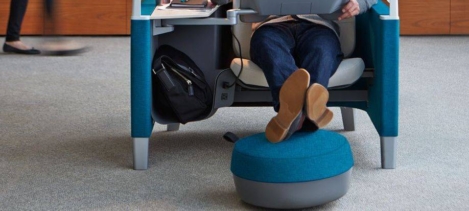June 24, 2015
CTBUH announces winners of best tall buildings awards for 2015
 The Council on Tall Buildings and Urban Habitat has announced the winners of the Best Tall Building Awards for 2015. The winners were selected from a pool of 123 entries based on an evaluation by a panel of industry experts. The organisers claim that not only do the winners exemplify best practice they also advocate ‘improvements in every aspect of performance, including those that have the greatest positive effect on the people who use these buildings and the cities they inhabit’. Many of this year’s winners demonstrate a commitment to sustainability, especially those that make use of greenery to enhance the looks and environmental credentials of the building. The organisers also note that buildings are better integrated into their surroundings which ‘has been a long-needed requirement’. The Best Tall Buildings have been named from 33 countries in four competing regions.
The Council on Tall Buildings and Urban Habitat has announced the winners of the Best Tall Building Awards for 2015. The winners were selected from a pool of 123 entries based on an evaluation by a panel of industry experts. The organisers claim that not only do the winners exemplify best practice they also advocate ‘improvements in every aspect of performance, including those that have the greatest positive effect on the people who use these buildings and the cities they inhabit’. Many of this year’s winners demonstrate a commitment to sustainability, especially those that make use of greenery to enhance the looks and environmental credentials of the building. The organisers also note that buildings are better integrated into their surroundings which ‘has been a long-needed requirement’. The Best Tall Buildings have been named from 33 countries in four competing regions.




































June 23, 2015
Design must support knowledge circulation in the next generation workplace
by Lee Parsons • Comment, Knowledge, Workplace design
(more…)